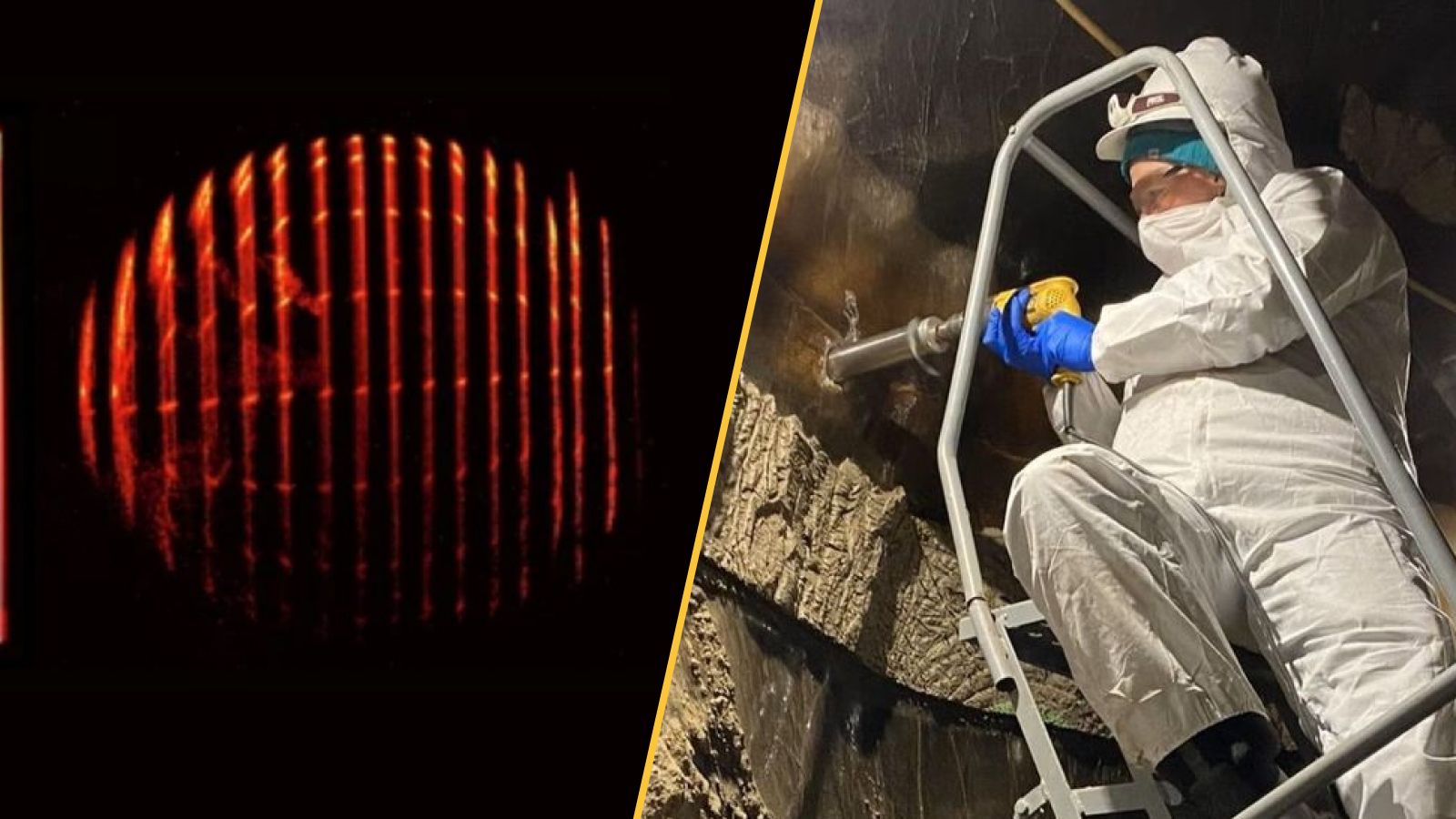Stay updated with the most groundbreaking science news this week! Researchers have revived ancient permafrost microbes, and these tiny organisms are now spewing significant amounts of CO2 into the atmosphere. This finding raises concerns about the impact of thawing permafrost on climate change, as these microbes could accelerate global warming by releasing even more greenhouse gases.
Stunning Space Discoveries
 Astronomers have also achieved a milestone by imaging an object moving at 99.9% the speed of light. This rare observation gives scientists new insights into the physics of extreme environments, such as those near black holes and neutron stars. Additionally, the James Webb Space Telescope has captured something extraordinary blasting out from the supermassive black hole M87*. These discoveries push the boundaries of what we know about our universe and fuel excitement for future research.
Astronomers have also achieved a milestone by imaging an object moving at 99.9% the speed of light. This rare observation gives scientists new insights into the physics of extreme environments, such as those near black holes and neutron stars. Additionally, the James Webb Space Telescope has captured something extraordinary blasting out from the supermassive black hole M87*. These discoveries push the boundaries of what we know about our universe and fuel excitement for future research.
Why These Stories Matter
Each of these discoveries highlights how science continues to evolve. From understanding Earth’s changing climate to peering into the farthest reaches of space, this week’s stories are a testament to human curiosity and innovation. Keep following for more updates as new breakthroughs emerge.
Sources:
Source
















